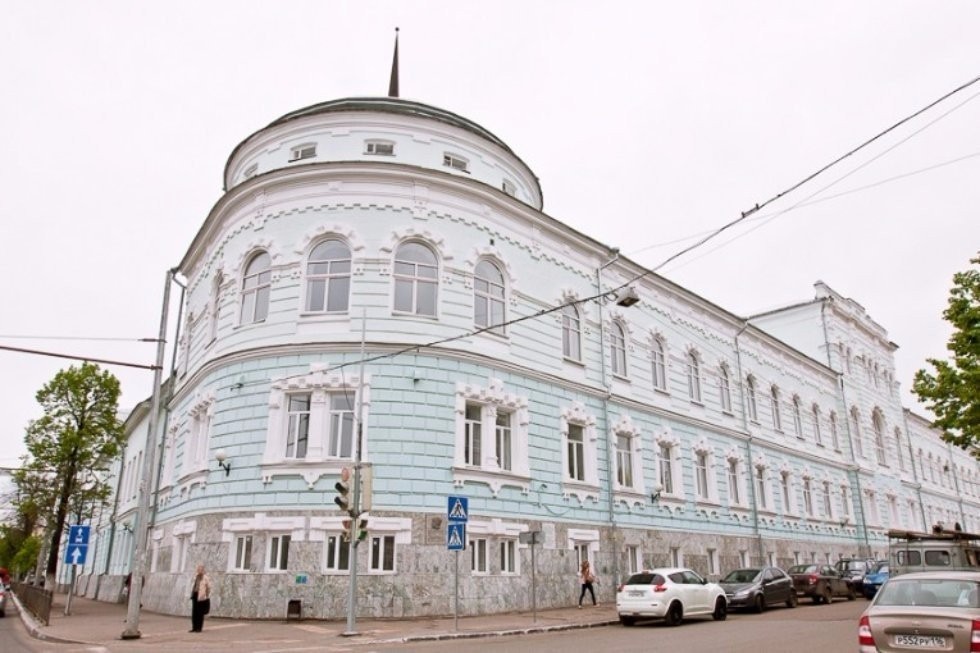Career prospects feeble for fans of Russian rap, shows research of social networks

Interesting insights have been shared by psychologists.
It has been two years that the Department of General Psychology has been working on its grant project titled ‘Neuro-network psychometric model of cognitive-behavioral predictors of a person’s life activities based on social networks.’
Department Chair Pavel Ustin explains, “Social networks link millions of users from around the world and expand their interactions. Social networks are basically cybernetic models of psychological processes.”
So, what has been achieved in the two years? The scientists created an automated monitoring system for social networks attuned to search for employment info.
“Based on statistsics, data mining, machine learning, and neural networks,” continues Ustin, “we programmed a module to search for job seekers in social networks. The number of analyzed accounts has reached 1,331,717. After filtration and other procedures, our selection was reduced to 81,800 accounts.”
The categories used to filter and analyze accounts are – Friends, Subscribers, Photos, Videos, Audios, Interesting Pages, Filling the Page, Posts, Reposts, and Likes. Interestingly, the more those categories were filled with content, the less in general were the professional achievements of such persons. Based on the summary of researched pages, IT experts proposed an analytical model which turned out to be 83% accurate in predicting career prospects based on the aforementioned metrics, specifically, four of them in particular – number of friends, number of subscribers, number of videos, and number of photos.
Ustin adds, “If we take videos as predictors of career advancement, then the most successful users are mostly interested in such genres as Crime, Sci-Fi, and Mystery. The less successful prefer Family, Sci-Fi, and Animation.”
When it comes, to audios, Russian rap is by far the most popular genre among the least successful. Among those advanced in career rock music is more popular.
Also, as it appears, pages with humorous content are more popular among underachievers.
Prototypes of network analysis modules will be further used to feed the neuro-network psychometric model in researching professional and educational activities. So far, similar projects have not been undertaken in Russia.
Source text: Galina Khasanova
Translation: Yury Nurmeev